Skirting the Adjacent Possible
From anticipation as an instrument for effective decision making, to anticipation as a metamorphic craft of selection, uncovering, re-connecting, and re-animating things already present. From solving to dissolving.
Excerpts from In Anticipation of Things Already Present, the closing keynote of the Anticipation Conference in London, November 2017

Noticing. A multiplicity of futures becoming apparent in layered moments. A tangled string of beginnings and endings stretched across gradients of time. Inception and subsiding. A dynamic space of operation, where anticipation and action co-exist in improvised flows. Iterative cycles. Simultaneously witnessing, responding to and creating change. A skirting of the adjacent possible. Anticipation as a framing of intent, an invocation. Anticipation complemented by attunement, by sensing liminal resonances and synchronicity.
From anticipation as an instrument for effective decision making, to anticipation as a metamorphic craft of selection, uncovering, re-connecting, and re-animating things already present. Anticipation without representation, made apparent through attention, activated in experience. Experience as a creative, world-growing force. Experiential time subsumed into an atemporal web of shifting relationships. Human, larger than human, beyond human. Slipping past explanation and comprehension. Striving towards systemic empathy, from communication to communing. Facing uncertainty. Inhabiting, exploring, experimenting. The world becomes malleable, things can become otherwise.
A hex for transforming transformation. ∆[∆]
How to stay present in a situation, while remaining open to different futures and possible outcomes? As training to live with uncertainty, one can start by observing life as a continuous web of transitions. Noticing what is already present, and anticipating possibilities for experimentation. Hesitating over how to act, a purpose is transformed into a hypothesis, a starting point, not an end. Approaching everything one does—including who one is—as a series of experiments opens space for agency and surprise; for learning from mistakes, no matter how unpredictable and murky the situation.
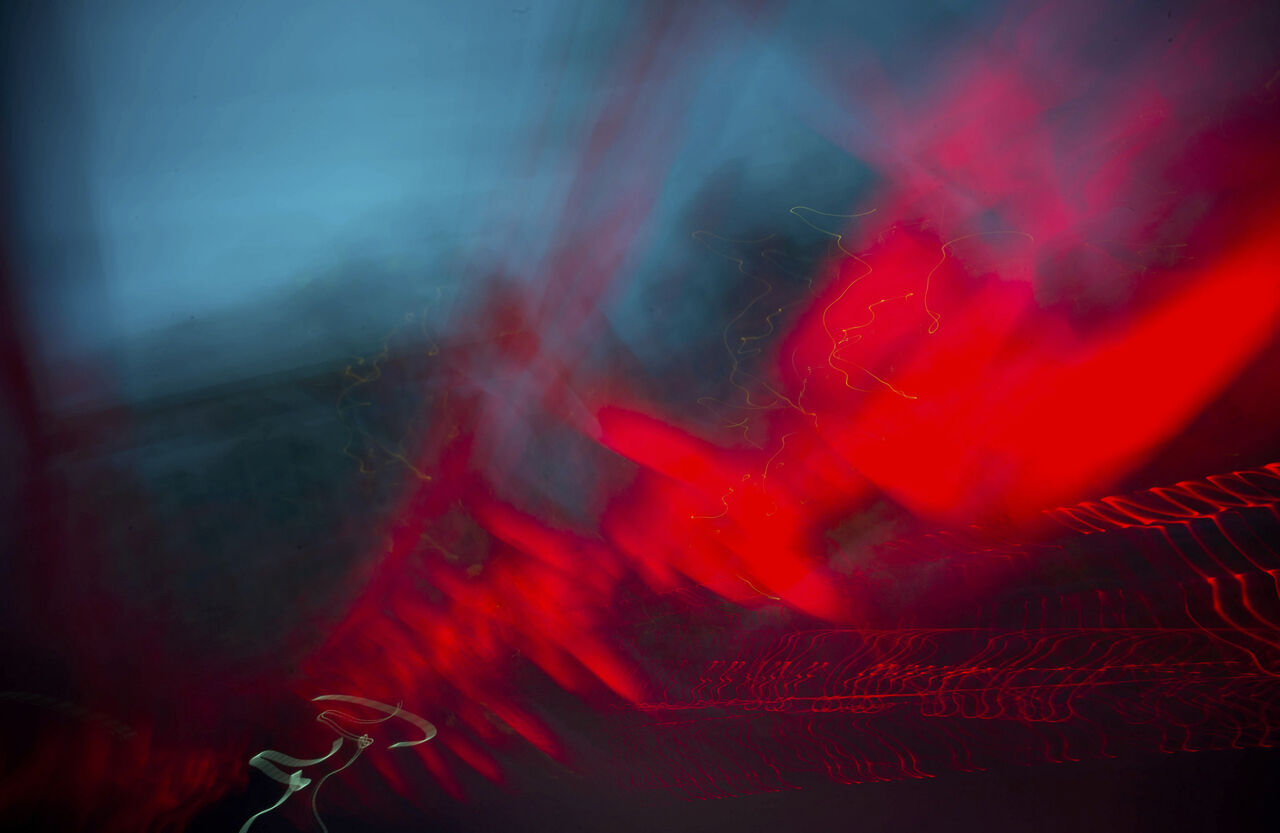
Anticipation, a metamorphic craft
Unlike the confident, step-by-step approaches of corporate foresight, a capacity for anticipation evolves through jittering-and-fluttering. Instead of strategic planning’s staccato rhythms, anticipation requires attuning to a heterophony of resonances, from the accelerations of “either-or” to accretions of “and-and-and”. While attunement may uncover resonances that are already present, anticipation is needed to sense the different pace layers of the “long now” (from the rapid fluctuations of fashion to glacial movements of rocks). In complex, messy situations it is not about making right or wrong decisions, but finding propositions that resonate with particular people and situations. A fine-tuned sense of anticipation can help to select (and connect) propositions worth committing time and energy to.
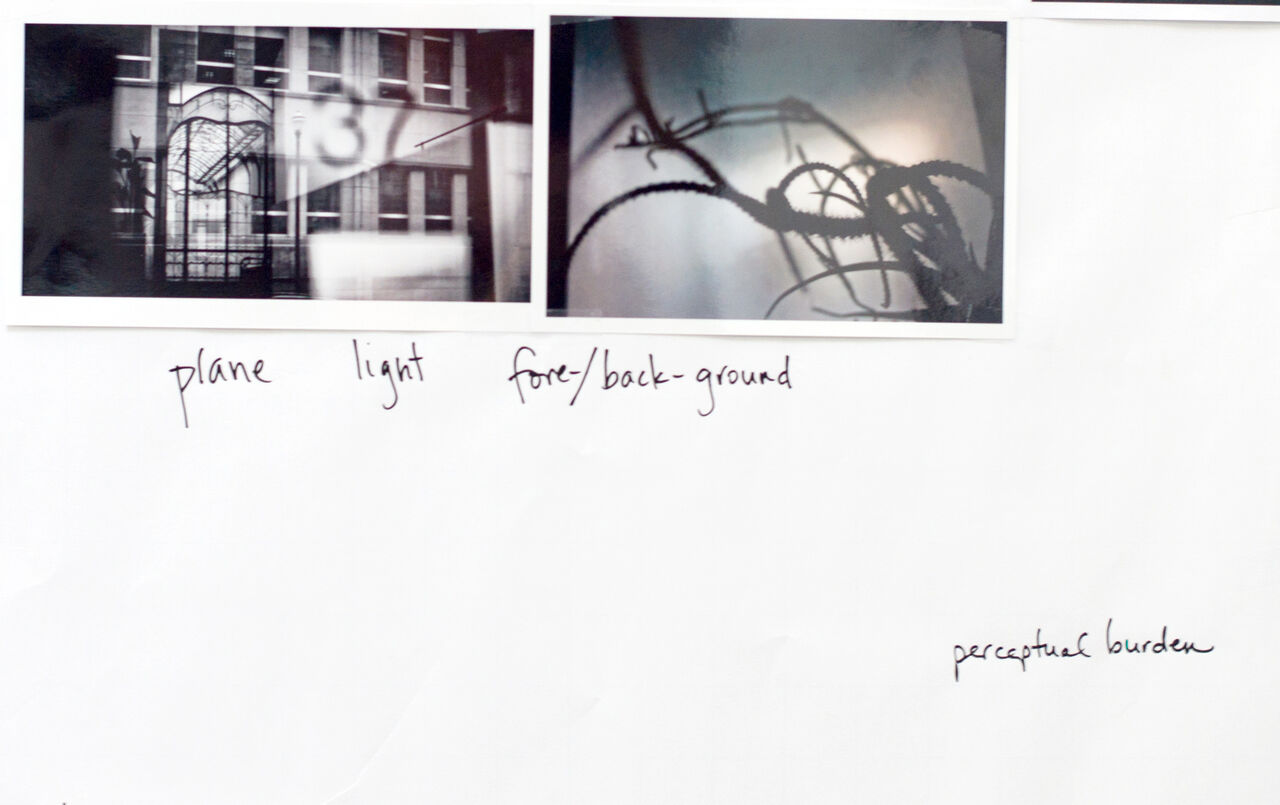
Anticipation is an ambient aptitude rather than a single sharp instrument or trademarked method. In the spectrum of futures fields, anticipation is a “soft form” counterpart to the “hard form” of strategic foresight. In martial arts, there are distinctions between soft-form improvisational martial arts (like aikido) and the hard-forms of combat (like karate). Anticipation is a metamorphic craft rather than a hard science. It cannot be learnt from books or lectures alone, but must be honed through embodied practice, repetition, and reflection.
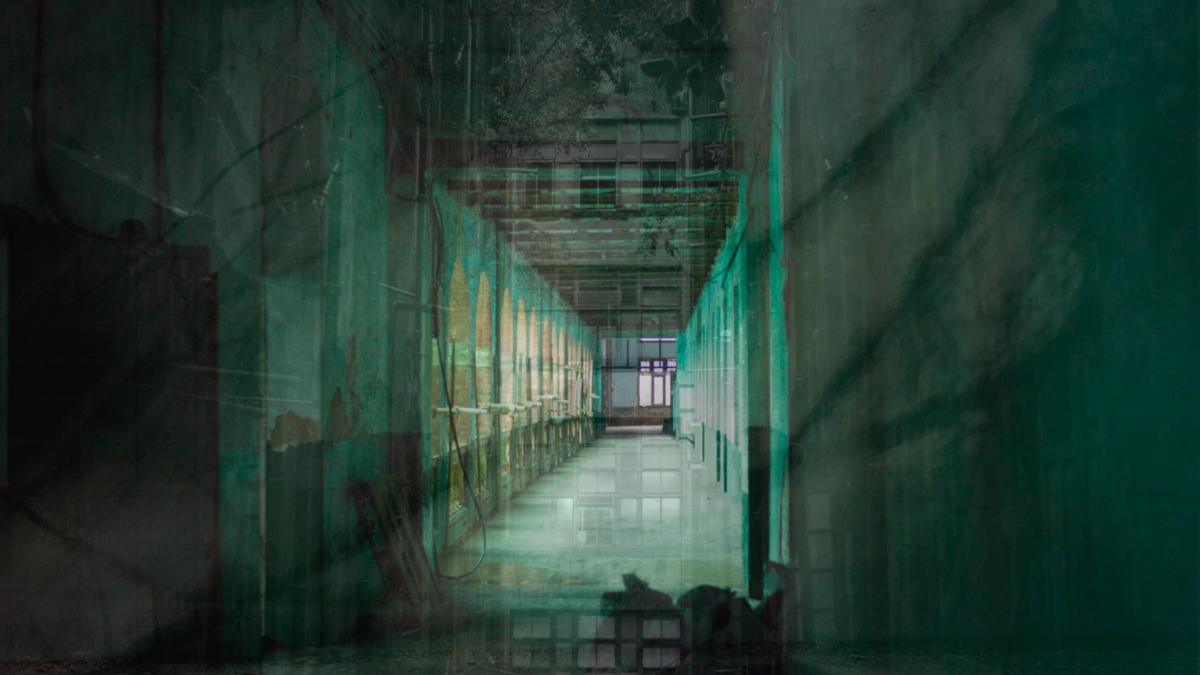
Facing uncertainty
Anticipating uncertainty is less scary when it is shared with others. Instead of walls and exclusion, we need zones of conviviality and solidarity. We need to engage in ever wider ecologies of practices, to participate in kinship networks proliferating across sectors and cultures. We need structures to manage uncertainty, rather than imposing certainty at the cost of catastrophic failure.
Is the uncertainty we’re experiencing just a series of erratic oscillations, or are we in freefall? Things are collapsing, and sometimes the best thing to do is let them fall apart. This doesn’t mean giving up — quite the opposite. We must learn about “surviving collaboratively in disturbance and contamination. We need this skill for living in ruins.” Anna Tsing, The Mushroom at the End of the World. In uncertain times, we need deeply felt aspirations rather than dry statements of purpose. Instead of following Silicon Valley’s calls to tackle “big problems with the brightest minds”, we must all get our hands dirty, involving the widest variety of minds and bodies — bright, dim, light, dark, the whole spectrum.
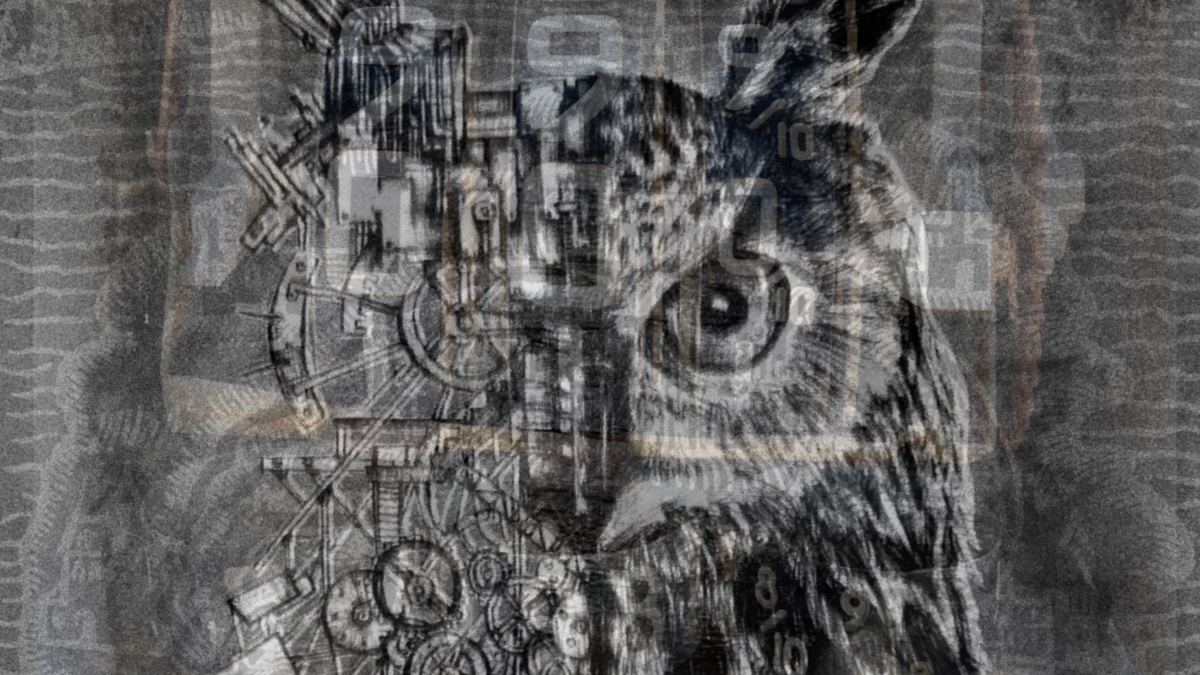
A hex for transforming transformation
While times we live in can feel disturbing and uncomfortable, amid such turbulence the world also appears more malleable. Things can more easily become otherwise.
We have a chance to write ourselves into a future we want. Other worlds are possible.
The purpose-driven, unidirectional “onward and upward” of Prometheus has given way to Hecate’s ability to see in dark places and in several directions at once. Futures unfold through convolution, not revolution. Previously solid foundations appear porous and permeable. Uncertainty ebbs and flows, through the gradual shifting of ecosystems, the acute tremors of natural disasters, chaotic weather patterns, unpredictable economies, and the cyclical changes of the seasons. Change is a constant, shapeshifting presence. It can be an opening to explore different dimensions of the possible; a way towards a more heterogeneous, compassionate, and imaginative culture.
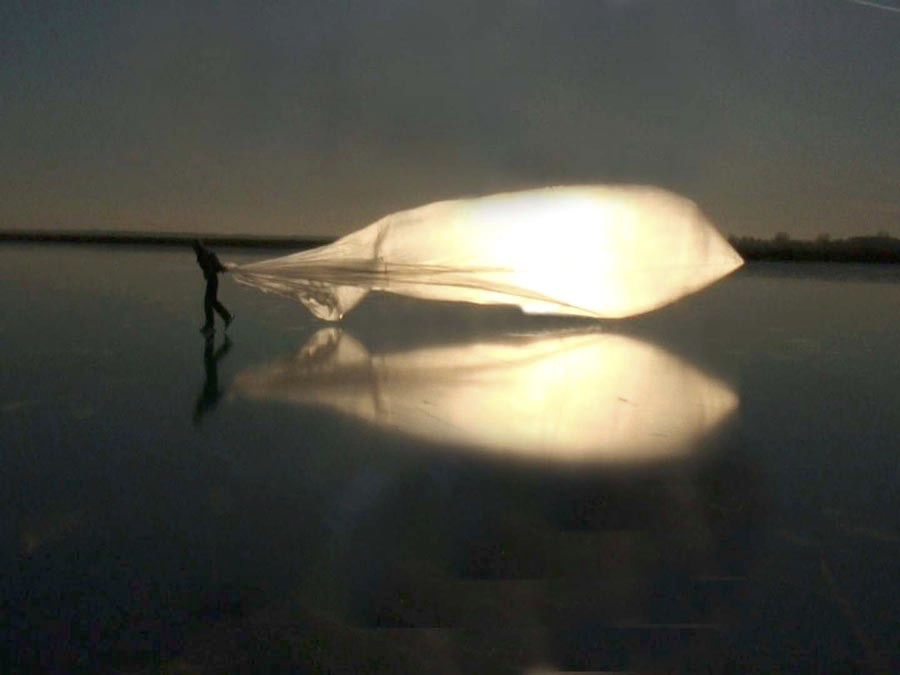
You’ve got to make your own worlds. You’ve got to write yourself in. Whether you’re part of the greater society or not, you’ve got to write yourself in.
So keep searching, keep uncovering promising ways to see, be and act in a world where the continuity of human life is no longer certain. Create experiments, outliers, clearer views of the here-and-now. Anticipating, hoping, or even fighting for change might not be enough. The idea of change itself might have to change. We need a hex for transforming transformation; a poem to write on the face of reality, with all the force of collective intent.
Further reading & references.
🝓